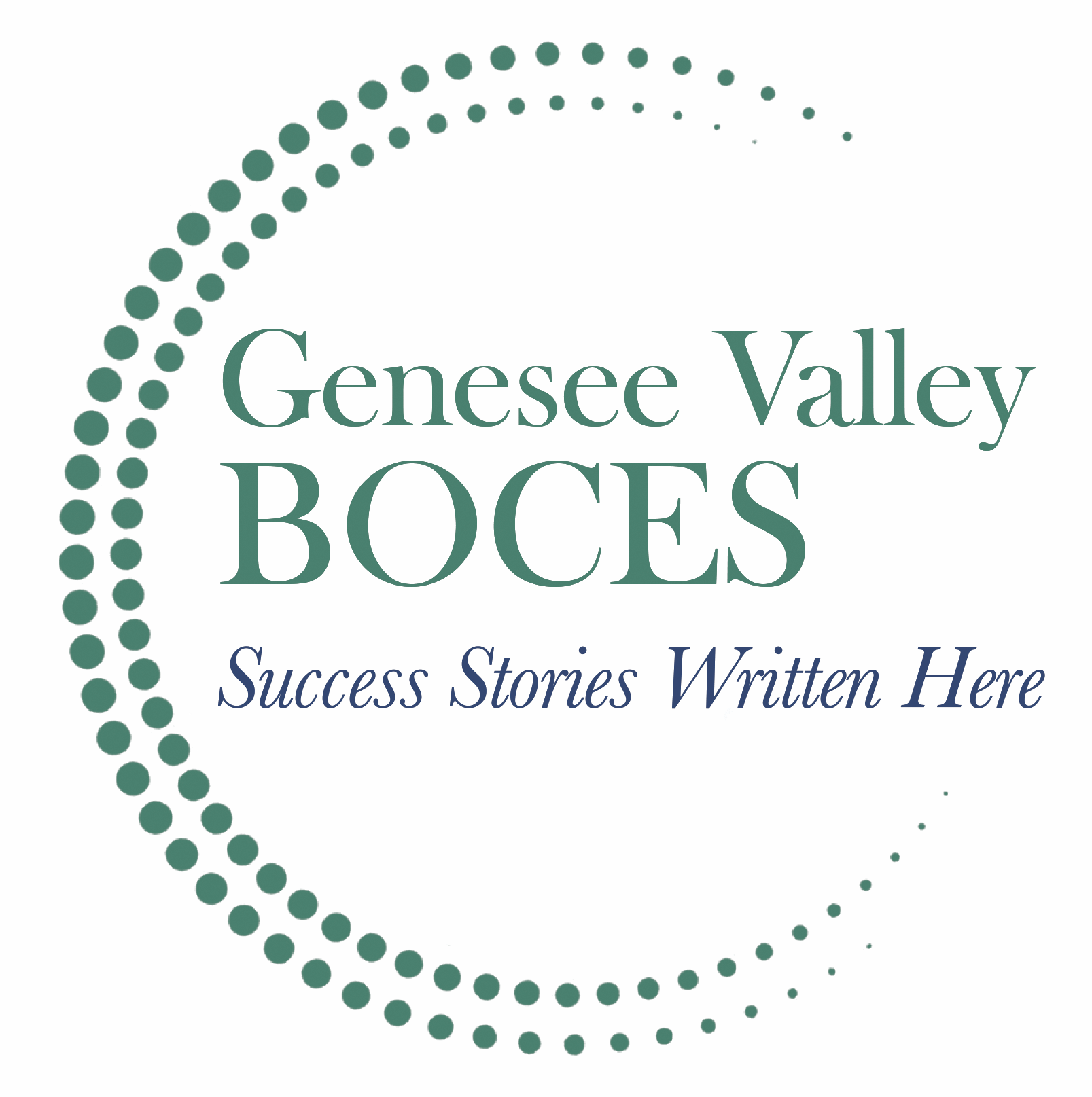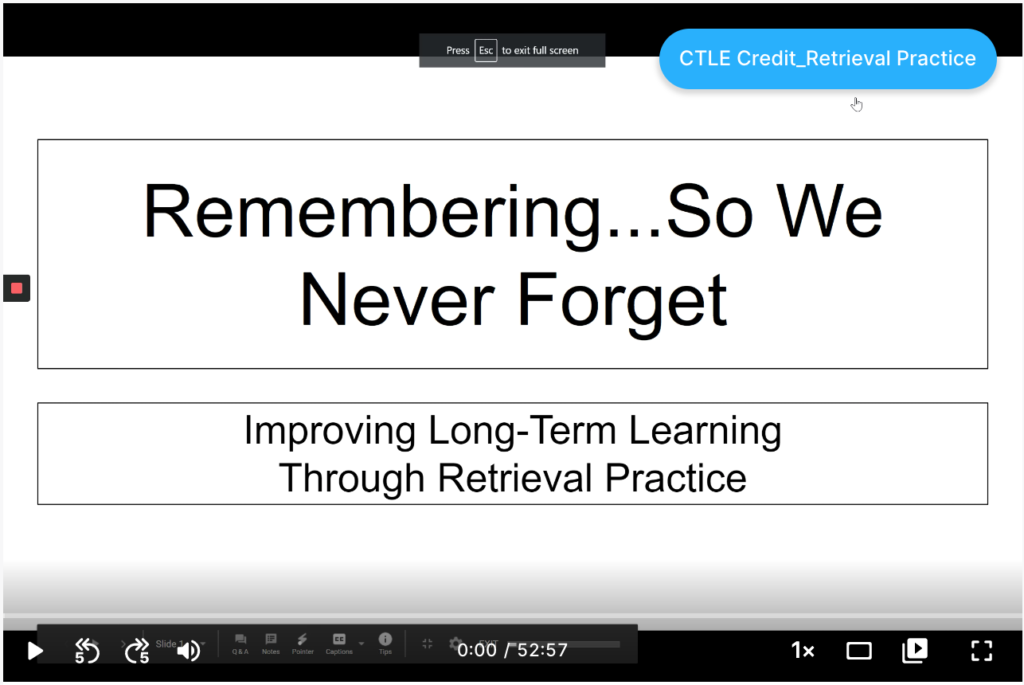
Remembering…So We Never Forget: Improving Learning Through Retrieval Practice
With Dr. Patrick Whipple
Narrowing the gap between research and the classroom is a tricky but worthwhile venture. Current times reflect tremendous promise regarding the validity, reliability, and utility of educational research given the convergence of three major research strands– psychology, education, and neuroscience. Insert the concept of Retrieval Practice. According to Agarwal and Bain (2019), “research demonstrates that retrieval practice is more potent than other techniques commonly used by teachers and students, such as lecturing, re-reading, or taking notes” (p. 28). This professional learning opportunity will focus on defining Retrieval Practice, share some of the research that articulates the practice’s impact, and share strategies of retrieval that are immediately ready for classroom use. The purpose here is to arm instructional staff with research-based methods that, when employed, increase the likelihood of long-term learning.
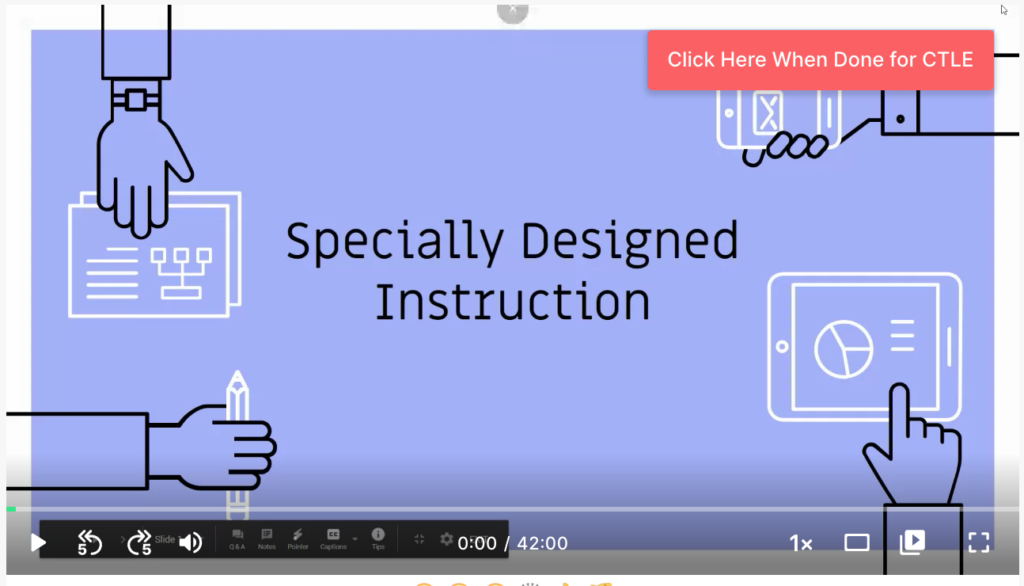
Specially Designed Instruction for Students with Disabilities
With Stephanie Burns
Instruction should still be specially designed for Students with Disabilities during the homeschool duration. Knowing your students and their needs has never been more important to provide effective instruction. This brief session starts with having a clear understanding of specially designed instruction and the differences between accommodations compared to modifications. The focus of this learning is derived from The Blueprint for Improved Results for Students with Disabilities.

Question Formulation Technique
With Jessica Cramer
The Question Formulation Technique (QFT) is an evidence-based strategy developed by the Right Question Institute that teaches all students how to ask questions. The QFT is a simple yet powerful strategy that educators, from all subject areas and grade levels, can use to teach students how to formulate, work with, and use their own questions to become more curious, engaged, self-directed learners.
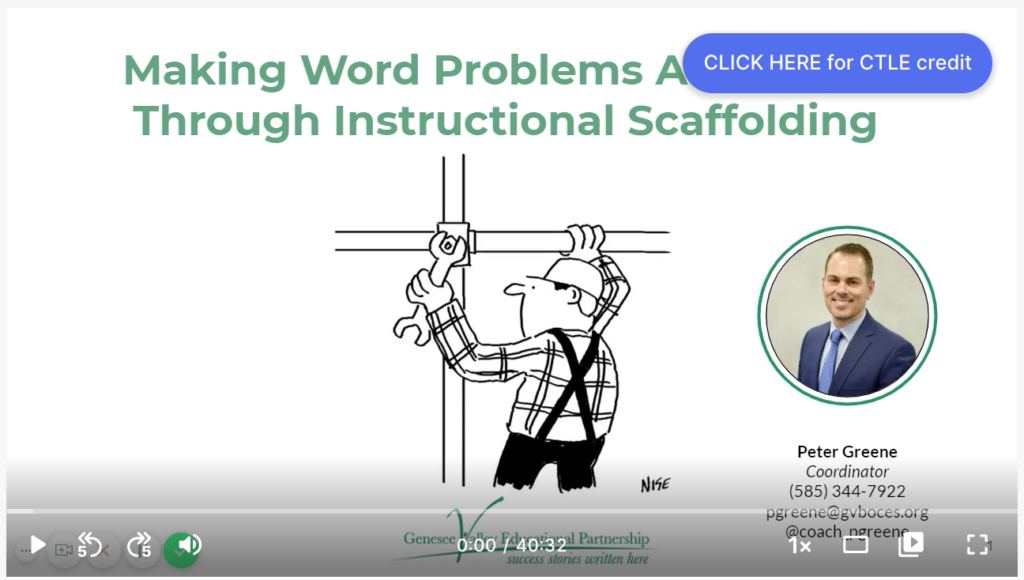
Scaffolding Math Word Problems
With Pete Greene
New York State assessment data for grades 3-8 mathematics shows that an average of 46.5% of students that attempted constructed response or extended response items received zero (0%) credit. So the question is: Are students finding an entry point into complex math word problems or are they getting freaked out before they even attempt to solve? These questions are very complex, and oftentimes, students do get discouraged before making an attempt to solve such problems. With that said, it can be argued that the more students are exposed to these problems, at an appropriate entry level by way of instructional scaffolding, the more confidence they will have to attempt problems, make sense of them, and arrive at a more reasonable answer.
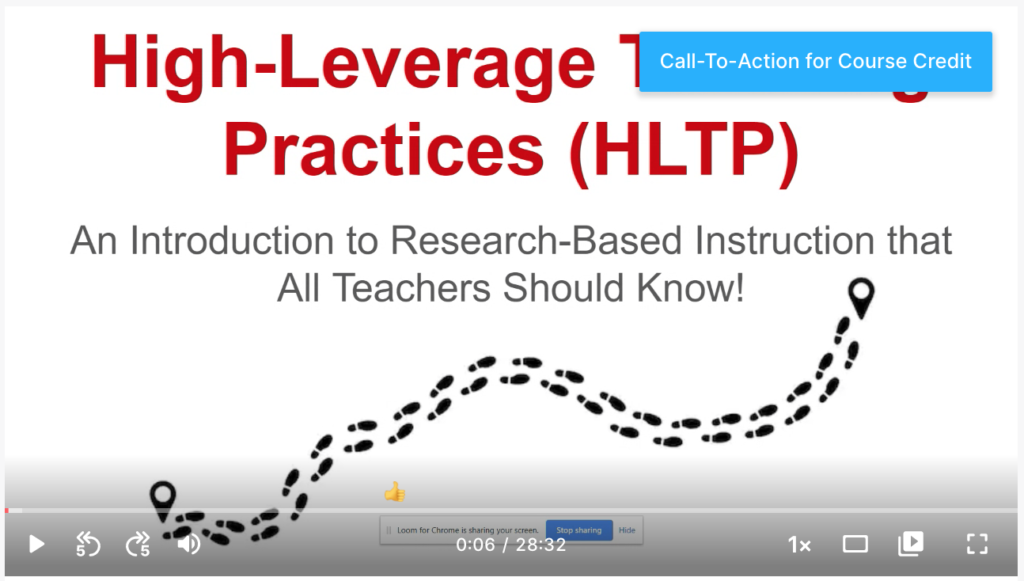
High Leverage Teaching Practices
With Kevin Kirkwood
This session will empower educators to reflect on their personal practice through the lens of ten (10) research-based, “high-leverage teaching practices (HLTP).” Educators can expect to review the practices, or principles, of instruction and identify how they are categorized into four strands. Session attendees will leave knowing the most impactful practices, that are unanimously supported from three different forms of research, and finalize their reflection by confirming the most impactful components of their instruction and identifying potential areas for growth.

